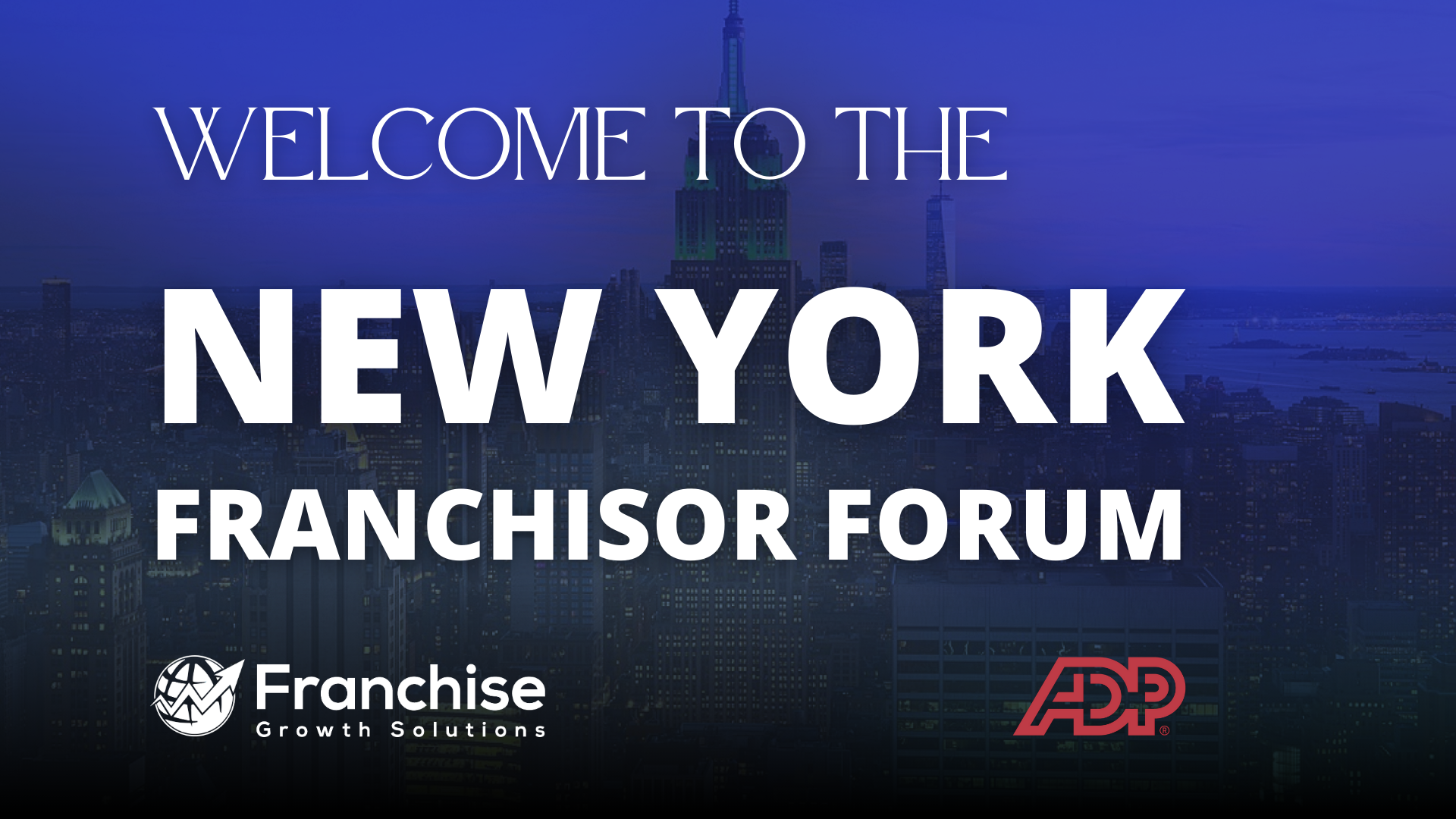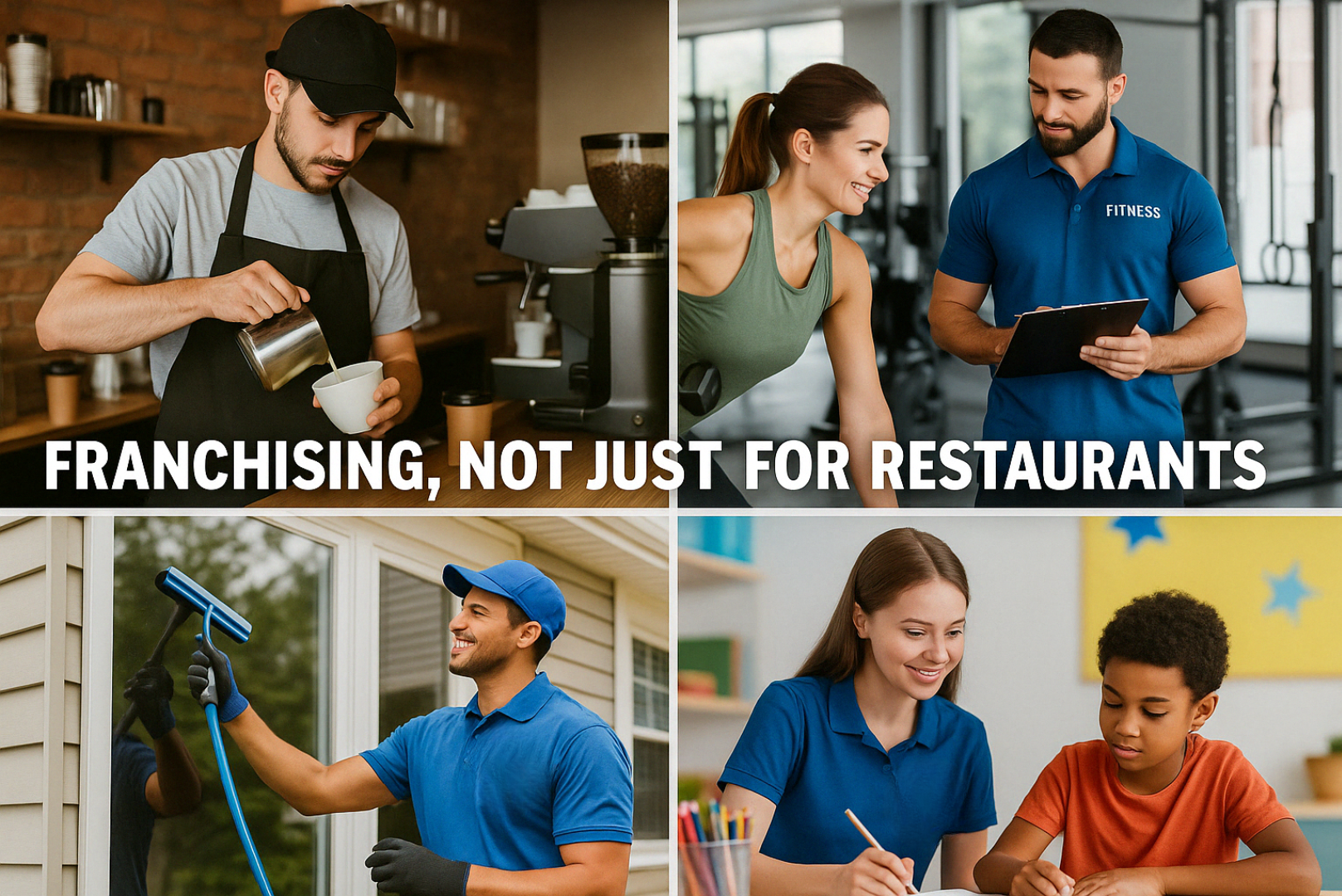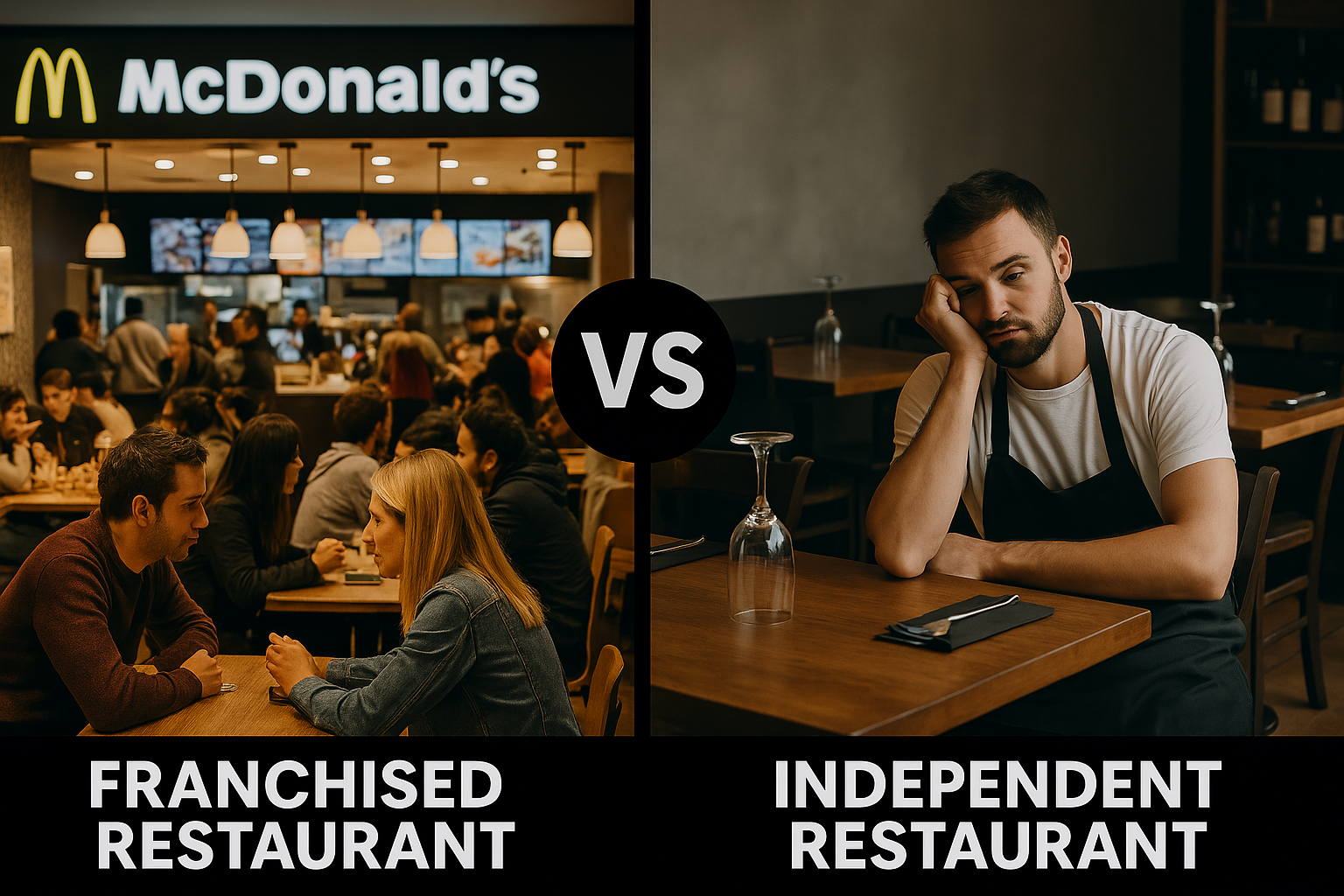Image created with canva
ESG isn’t just a buzzword, it’s a blueprint for survival, growth, and relevance. Whether you’re a startup or a global enterprise, understanding what stakeholders expect when it comes to Environmental, Social, and Governance performance is no longer optional. This article breaks down the rising expectations, explains how to meet them, and shows why falling short could cost you everything, from investor trust to market share.
WHAT ARE ESG EXPECTATIONS? A DEEP DIVE INTO ENVIRONMENTAL, SOCIAL & GOVERNANCE STANDARDS EVERY BUSINESS MUST MEET IN 2025
By FMM Contributor
Environmental, Social, and Governance (ESG) expectations have evolved from niche considerations to central pillars of corporate strategy. In 2025, ESG factors are not just ethical imperatives but critical determinants of business resilience, investor confidence, and regulatory compliance. This article delves into the multifaceted landscape of ESG expectations, highlighting their significance, evolving standards, and the imperative for businesses to integrate them into their core operations.
Understanding ESG: Beyond the Acronym
At its core, ESG represents a framework for assessing a company’s impact and performance in three key areas
- Environmental: Concerns related to climate change, resource depletion, waste, and pollution.
- Social: Issues encompassing labor practices, human rights, community engagement, and diversity.
- Governance: Matters involving corporate ethics, board diversity, executive compensation, and transparency.
These dimensions collectively influence a company’s long-term sustainability and societal impact.
The Rising Tide of ESG Expectations
Several factors have propelled ESG considerations to the forefront:
- Investor Demand: Institutional investors increasingly incorporate ESG metrics into their decision-making processes, recognizing the correlation between sustainable practices and financial performance.
- Regulatory Pressures: Governments and regulatory bodies worldwide are mandating ESG disclosures, compelling companies to transparently report their sustainability initiatives and outcomes.
- Consumer Awareness: Modern consumers prioritize ethical consumption, favoring brands that demonstrate genuine commitment to ESG principles.
- Operational Resilience: Companies with robust ESG frameworks are better equipped to navigate crises, adapt to market shifts, and maintain stakeholder trust.
Evolving Standards and Frameworks
To meet escalating ESG expectations, businesses are aligning with established standards and frameworks:
- Global Reporting Initiative (GRI): Provides comprehensive guidelines for sustainability reporting, enabling organizations to disclose their ESG impacts transparently.
- Sustainability Accounting Standards Board (SASB): Offers industry-specific standards to guide ESG disclosures relevant to financial performance.
- Task Force on Climate-related Financial Disclosures (TCFD): Recommends disclosures on climate-related risks and opportunities, emphasizing financial implications.
Adherence to these frameworks enhances credibility and facilitates stakeholder engagement.
Integrating ESG into Corporate Strategy
Embedding ESG considerations into business strategy involves:
- Materiality Assessment: Identifying ESG issues most pertinent to the company’s operations and stakeholders.
- Stakeholder Engagement: Collaborating with investors, customers, employees, and communities to align ESG initiatives with stakeholder expectations.
- Performance Metrics: Establishing clear, measurable ESG goals and tracking progress over time.
- Transparent Reporting: Regularly disclosing ESG performance, challenges, and achievements to maintain accountability.
Challenges and Opportunities Ahead
While the integration of ESG principles presents challenges, including data collection complexities and potential short-term costs, it also offers significant opportunities:
- Competitive Advantage: Companies leading in ESG practices often enjoy enhanced brand reputation and customer loyalty.
- Investment Attraction: Strong ESG performance can attract capital from sustainability-focused investors.
- Risk Mitigation: Proactively addressing ESG risks can prevent reputational damage and regulatory penalties.
Final Thoughts
The growing emphasis on ESG expectations is more than a trend, it marks a fundamental shift in how business is done. Investors, regulators, employees, and consumers alike are holding companies accountable for their environmental footprints, social integrity, and governance practices. No longer can organizations afford to treat ESG as a side initiative or a box to check. It must be embedded into the very DNA of how a company operates, innovates, and engages with the world.
By genuinely embracing ESG principles, businesses stand to unlock a multitude of long-term benefits, from attracting top talent and loyal customers to securing investment capital and navigating regulatory scrutiny with greater confidence. At the same time, they play a vital role in solving the complex challenges our world faces, climate change, inequality, data ethics, and more.
In this new era of heightened awareness and stakeholder activism, ESG is not just about risk mitigation; it’s about value creation, leadership, and legacy. Companies that proactively align their operations with ESG expectations will be the ones that earn trust, inspire action, and build resilient, future-ready enterprises.
This article was researched, outlined and edited with the support of A.I.












